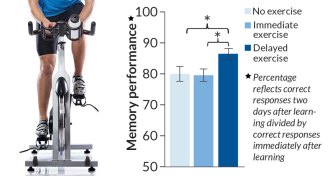Neuroscience
-
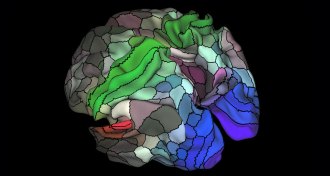 Neuroscience
NeuroscienceNew brain map most detailed yet
By combining different types of data, researchers have drawn a new detailed map of the human brain.
-
 Health & Medicine
Health & MedicineStill mysterious, aging may prove malleable
Our editor in chief discusses the science of aging.
By Eva Emerson -
 Neuroscience
NeuroscienceThe brain’s blueprint for aging is set early in life
The brain's decline may mirror its beginning, offering clues to aging.
-
 Animals
AnimalsReaders mesmerized by ‘Strange visions’
Animal vision, ice-making microbes, brain maps and more reader feedback.
-
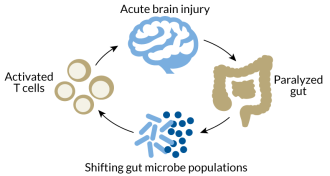 Neuroscience
NeurosciencePost-stroke shifts in gut bacteria could cause additional brain injury
The gut’s microbial population influences how mice fare after a stroke, suggesting that poop pills might one day prove therapeutic following brain injury.
-
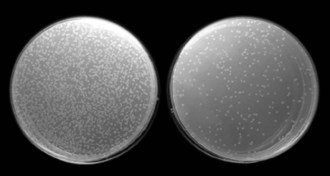 Neuroscience
NeuroscienceRewarding stimulation boosts immune system
Activating feel-good nerve cells boosts mice’s immunity, a new study suggests.
-
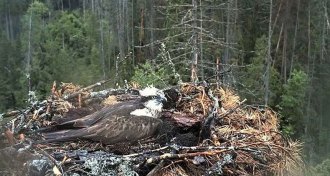 Science & Society
Science & SocietyEmpathy for animals is all about us
We extend our feelings to what we think animals are feeling. Often, we’re wrong. But anthropomorphizing isn’t about them. It’s about us.
-
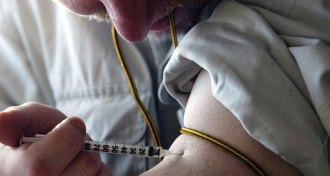 Health & Medicine
Health & MedicineVaccines could counter addictive opioids
Scientists turn to vaccines to curb the growing opioid epidemic.
By Susan Gaidos -
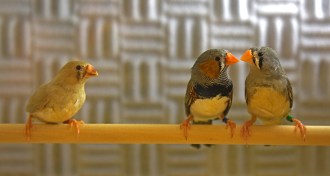 Animals
AnimalsBaby birds’ brains selectively respond to dads’ songs
The neurons of young male birds are more active when listening to songs sung by dad than by strangers, a new study finds.
-
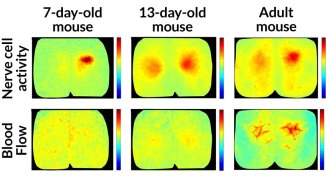 Neuroscience
NeuroscienceNewborn brain has to learn how to feed itself
Nerve cells in newborn mice can’t yet feed themselves.
-
 Neuroscience
NeuroscienceCocaine addicts can’t kick other habits either
Habitual users tend to get stuck in nondrug-related habits more easily, too, pointing to a potential strategy for treatment
-
